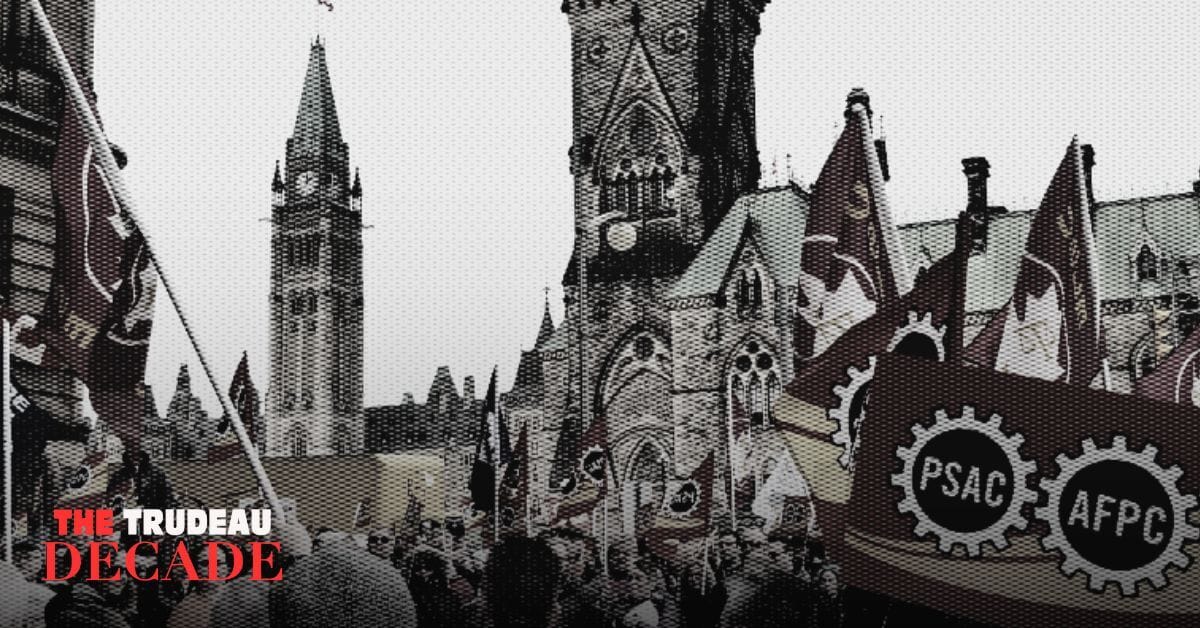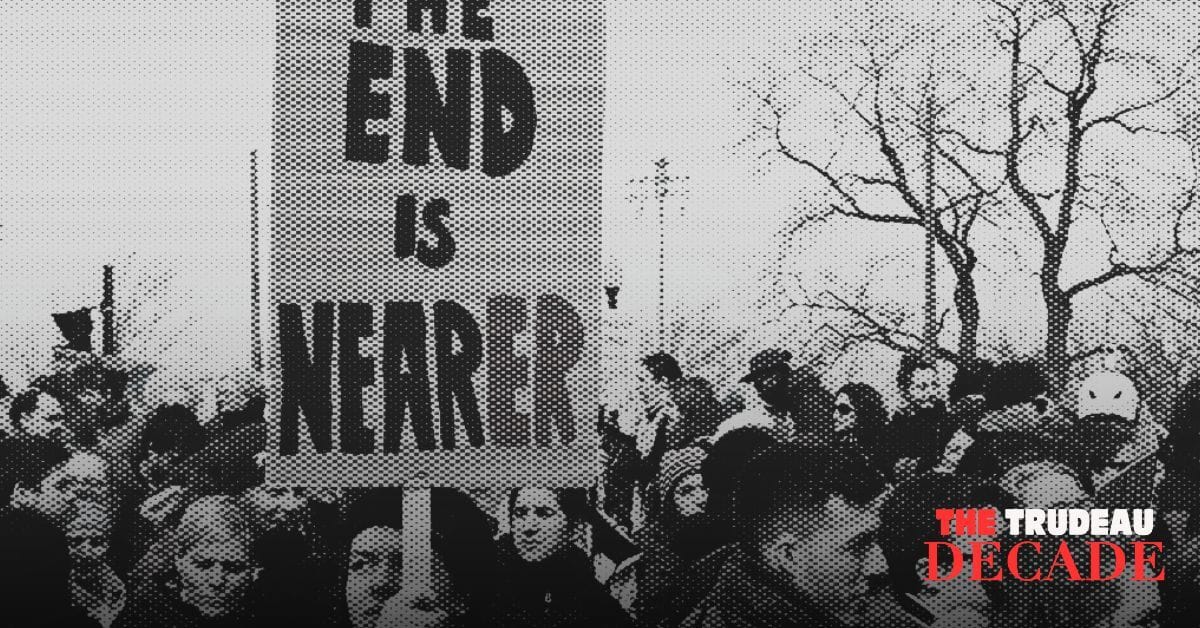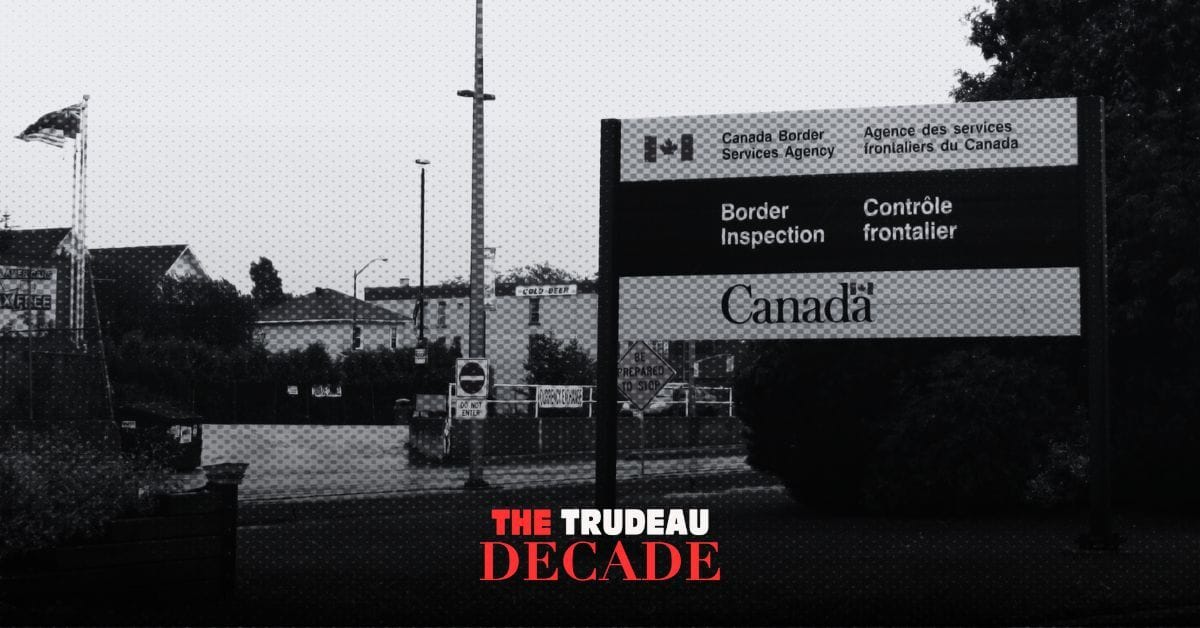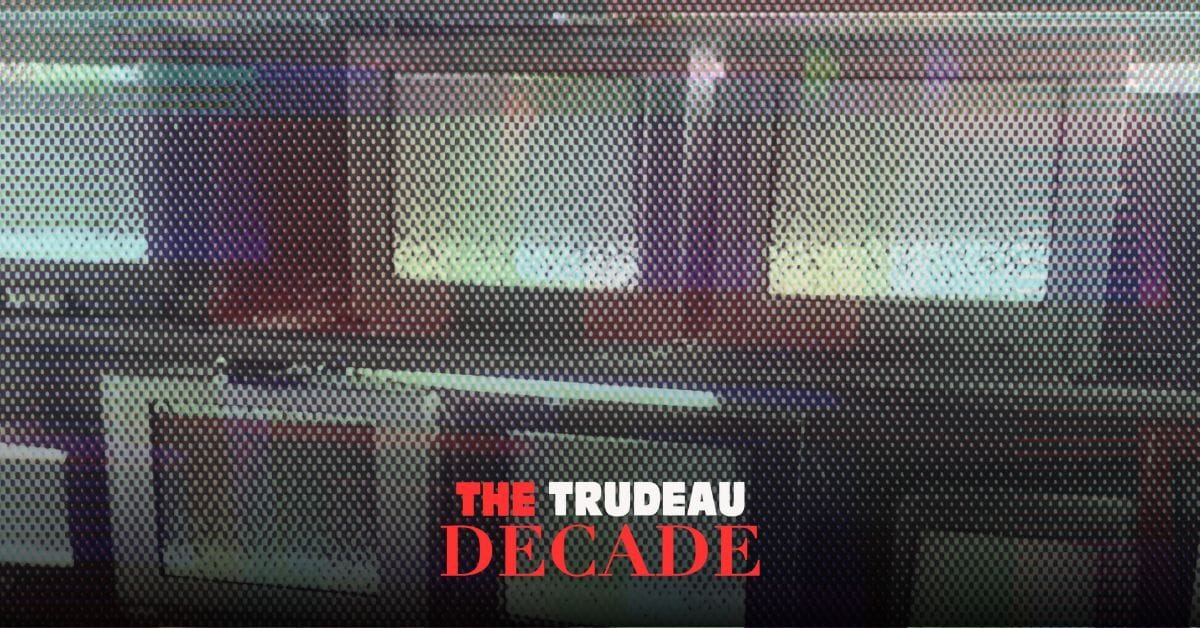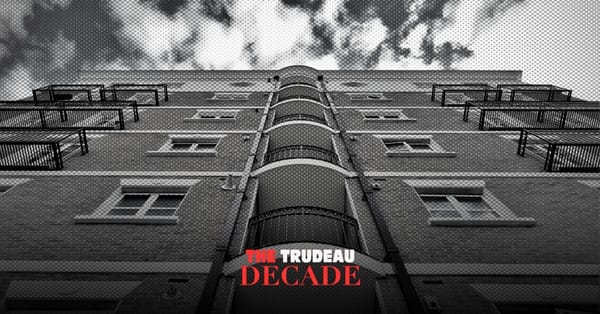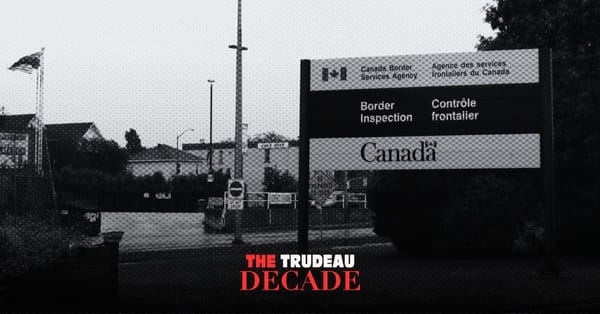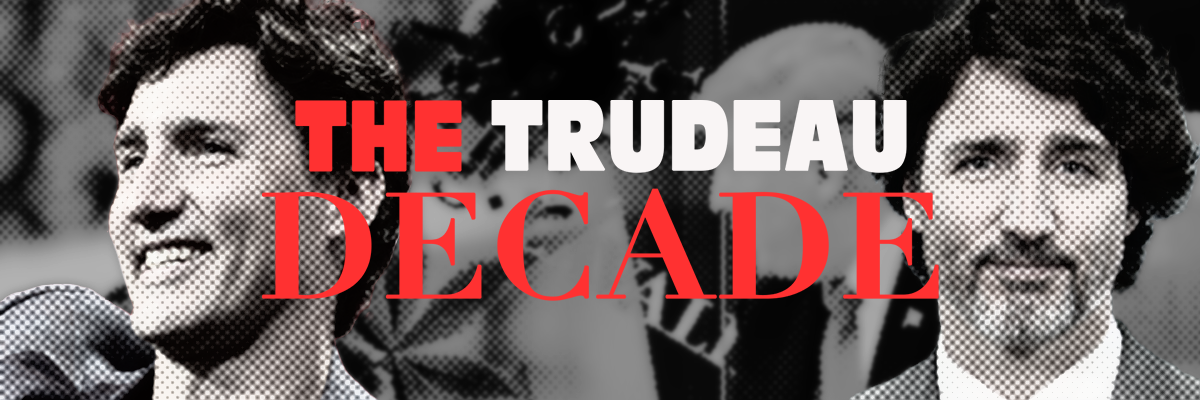
Where We Are
Journalism in Canada is at its lowest ebb in decades, as evidenced by the cancellation or pausing of several post-secondary programs in the subject due to the dismal job market.
Postmedia Network, Canada’s largest newspaper chain by far, is 98 per cent owned by U.S. hedge funds and has had to sell assets and lay off workers to make payments on the hundreds of millions in company debt the vulture capitalists also hold. The corporation has steadily tightened its grip on Canadian newspapers since its creation in 2010, buying: Sun Media, Canada’s second-largest chain at the time, in 2015; Brunswick News, the chain that monopolizes New Brunswick, in 2022; and SaltWire, the chain that dominates the rest of the Maritimes, in early 2024.
Canada’s current second-largest chain, Torstar, was taken over in 2020 by private equity firm NordStar Capital, which has been stripping its assets and eviscerating its workforce. Last year, it converted 71 Ontario community newspapers published by its Metroland subsidiary to online-only publications, laying off more than 600 workers in the process. It then cheated them out of the severance pay they were owed by taking advantage of our bankruptcy laws.
Our broadcasting industry isn’t in much better shape, with radio and TV ownership dominated by Canada’s highly-profitable telecom companies. Bell owns the CTV network, along with dozens of radio stations and cable channels, while Rogers owns Citytv. Global, meanwhile, is owned by the Shaw family through Corus Entertainment, which in 2021 sold Shaw Communications Inc., its Western Canada cable empire, to Rogers.
The CBC, meanwhile, made 141 layoffs in early 2024 to cope with a projected $125-million budget shortfall, but an injection of $42 million in funding from the 2024-25 federal budget in April 2024 helped it to avoid further job losses.
Advertising revenues have fallen for broadcasters in the past decade, as they have for all legacy media, because Google and Meta now dominate ad sales by tracking our online behaviour. Broadcasters have also faced competition from foreign digital streamers, such as Netflix and Spotify.
Independent media outlets have also suffered from the flight of ad dollars online, with alt-weeklies from coast to coast folding in the past two decades. The lower cost of publication online, however, has enabled a spate of digital replacements funded largely by readers, with some enduring success stories including The Tyee, Canada’s National Observer and The Narwhal.
How We Got Here
Prime Minister Justin Trudeau’s Liberals were admittedly faced with a daunting task in cleaning up the media mess left by the outgoing Harper Conservatives.
Such massive foreign ownership of news media should never have been allowed under our 25 per cent cap in this culturally sensitive industry, and yet a legal loophole permitted it to occur. Postmedia’s takeover of Sun Media should also not have been allowed, as it gave the chain eight of the nine largest newspapers in Saskatchewan, Alberta and British Columbia, including both dailies in Vancouver, Calgary, and Edmonton. Postmedia promised to keep separate newsrooms in cities where it owned both dailies, but soon after the purchase was rubber stamped by the federal Competition Bureau in 2015, it merged them to cut costs.
In February 2016, the Liberals convened Heritage Committee hearings into Media and Local Communities. In mid-2017, it urged a 5 per cent levy on the revenues of Internet service providers to subsidize news provision, similar to what our telecoms pay from their cable revenues to subsidize broadcast content.
An ISP levy proved a non-starter with Trudeau, who quickly promised ‘no Netflix tax’ (though the industry eventually persuaded Ottawa to pass the Online Streaming Act in 2023 to make streamers subsidize Canadian content). A report issued earlier in 2017 by the Public Policy Forum think tank, which painted an exaggerated portrait of newspaper industry woes, was instead adopted as the dominant industry narrative.
At first reluctant to subsidize news, Ottawa introduced a five-year, $50 million Local Journalism Initiative in 2018 to boost news coverage in underserved communities. The newspaper industry dismissed it as a “Band-Aid solution,” and in 2019, newspaper owners prevailed on Ottawa to pass a five-year, $595 million bailout package. This bailout came after News Media Canada hired a heavyweight Liberal insider to lead a lobbying blitz that has since resulted in a reported 102 meetings with senior officials, including in the Prime Minister’s Office.
When one bailout wasn’t enough, Postmedia and Torstar doubled down, adopting the strategy pioneered in Australia by Rupert Murdoch of pressing the government to force digital giants such as Meta and Google to share their revenues with news media for running links to their stories. The result of this lobbying was last year’s passing of the Online News Act (ONA).
The campaign in Canada for the ONA saw blank front pages appear one day in 2021 across many of the country’s newspapers, which ironically asked, “Imagine if the news wasn’t there when we needed it?” Management at some of our largest dailies reportedly suppressed criticism of the act by “spiking” opinion columns that had been accepted for publication, which resulted in a very one-sided debate.
While Google eventually agreed to pay $100 million a year to a group representing Canadian media outlets, Meta has instead blocked links to news in Canada on Facebook and Instagram, which has had a disastrous effect on our emerging online-only news media.
Where We Might Go
In their 2021 election platform, the Conservatives promised to cancel the 2019 news media bailout, which in 2023 was extended until 2029. “While we support Canadian media outlets, they should not be directly receiving tax dollars,” the platform stated. “Government funding of ‘approved’ media undermines press freedom, a vital part of a free society.”
Conservative Party leader Pierre Poilievre has been a harsh critic of the government’s recent Internet regulation. In August 2024, he said, “I am going to repeal the censorship laws, make it possible for Canadian news to be visible again on Facebook, Instagram and all other social media platforms.”
Poilievre has also called for the CBC to be defunded, and the Conservatives have launched an online petition to that effect. It claims the CBC “undercuts private sector and independent media and competes for advertising space while receiving more than $1 billion in direct taxpayer subsidies” and that it “mostly provides opinions and coverage that are widely available in a free and competitive media marketplace.” Given the precarious state of Canada’s news media, the defunding of the CBC could be a death sentence for journalism, with so-called “news deserts” spreading rapidly from coast to coast.
Before fulfilling its promises, a new Conservative government, should it be elected, would be well advised to at least convene hearings on a long-term media strategy and consult with all stakeholders — not just media owners. That would be a refreshing change from the Liberal approach of making up media policy on the go based on lobbying, which has resulted in a patchwork quilt of bailouts and forced subsidies.
CLARIFICATION: This article has been updated to change “earlier this year” to “in early 2024” given the publication date.
More From The Trudeau Decade Series
